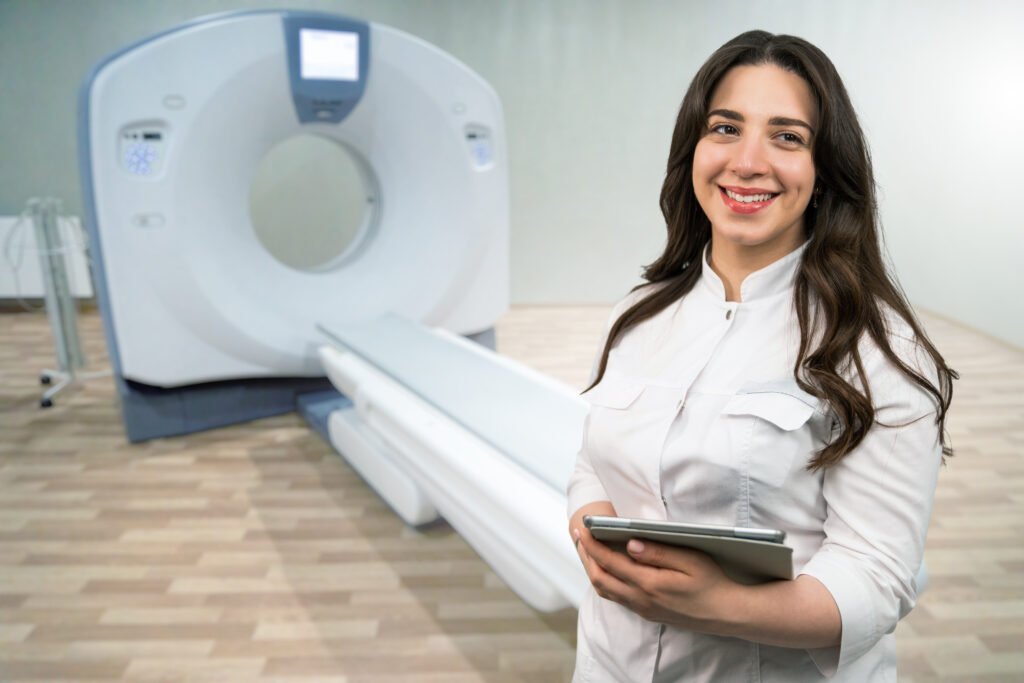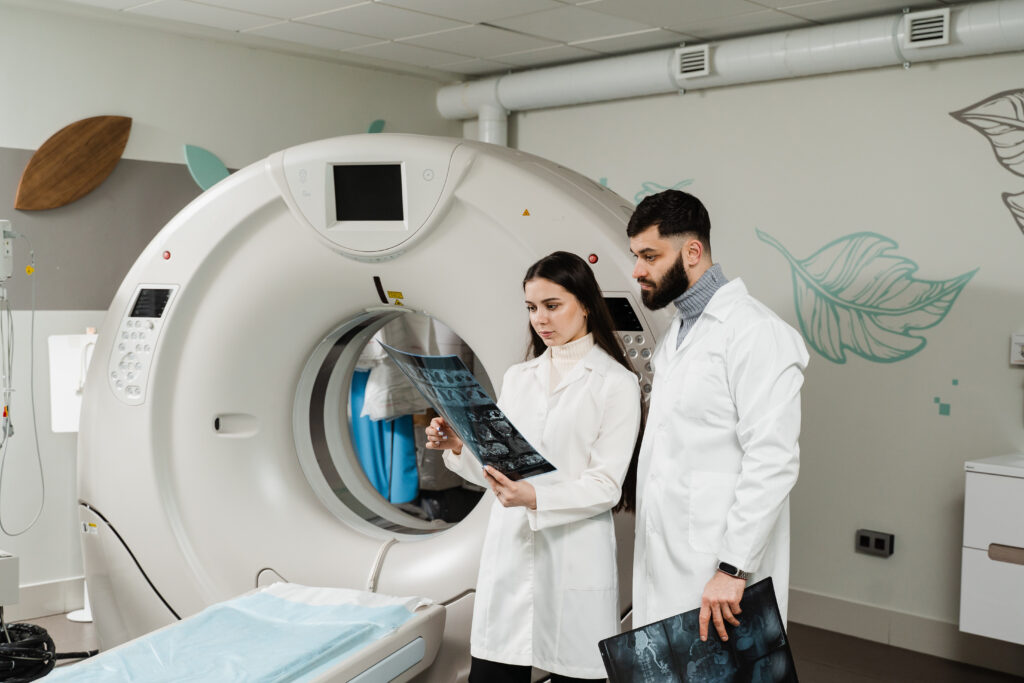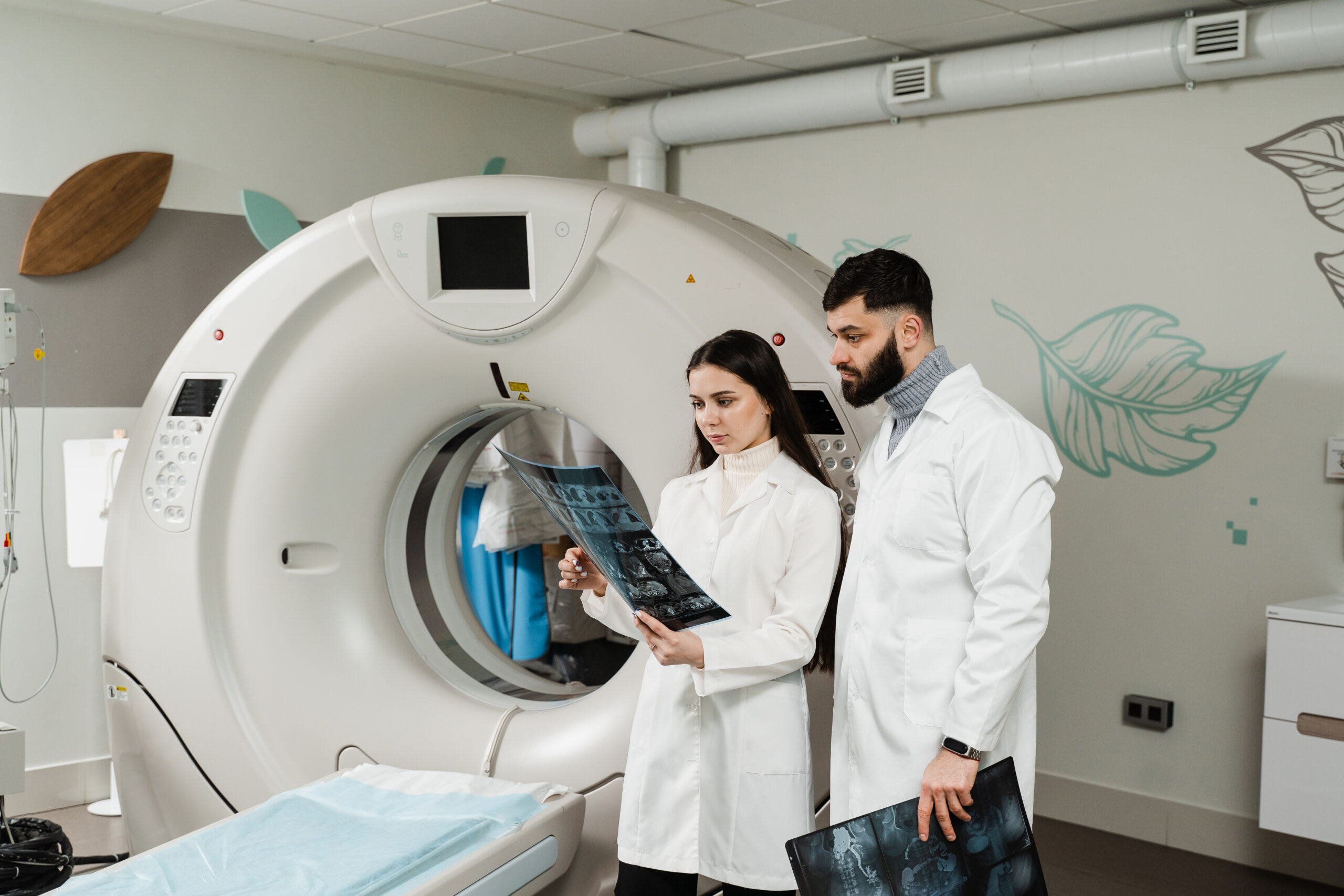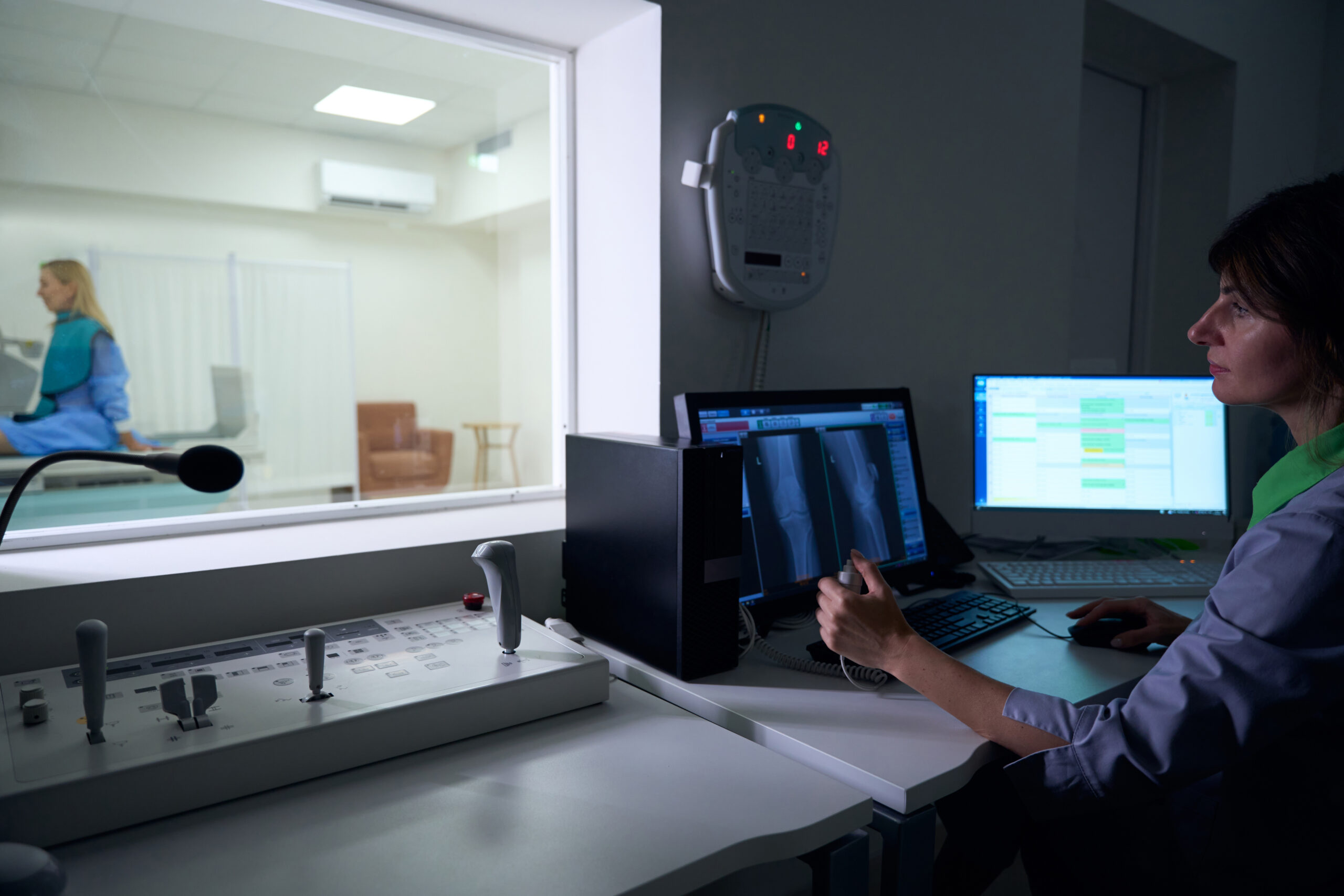In the world of advanced medical imaging, techniques like PET CT and MRI are essential for diagnosing a variety of health conditions. Both of these imaging methods provide high-quality, detailed pictures of the inside of the body, allowing healthcare professionals to identify issues early and develop effective treatment plans. But to get the clearest and most accurate images, doctors often use contrast agents. These substances play a critical role in enhancing the images produced by PET CT and MRI scans, improving both the clarity and detail of what’s being examined.

In this blog, we’ll explain what contrast agents are, how they are used in PET CT and MRI scans, and provide important safety information to ensure your peace of mind when undergoing these procedures.
What Are Contrast Agents?
Contrast agents, also known as contrast media, are substances introduced into the body during an imaging procedure. These agents help highlight specific areas of interest, such as blood vessels, tumors, or organs, by altering the way the body’s tissues interact with the imaging technology.
In MRI scans, contrast agents typically contain substances like gadolinium, which affects the magnetic field and enhances tissue differentiation. For PET CT scans, radiotracers (radioactive contrast agents) are injected into the body to help show the activity of cells and organs. These tracers are especially useful in detecting diseases like cancer, where cells are more active than in healthy tissues.
Importance in Imaging
Contrast agents are invaluable tools in modern medical diagnostics. Here’s why:
- Enhanced Detail: Contrast agents improve the contrast of the images, making it easier for radiologists to see subtle differences in tissues. This increased clarity allows for a more accurate diagnosis.
- Specific Targeting: In PET CT scans, radiotracers can target specific cells or organs, providing critical insights into metabolic activity. This makes PET CT particularly useful for detecting cancer, infections, and neurological disorders.
- Better Visualization of Blood Flow and Organs: For MRI scans, contrast agents highlight blood flow and organ structures, which is essential for assessing conditions like stroke, vascular diseases, and tumors.
The ability of contrast agents to provide a clearer, more detailed view of the body’s internal structures is one of the primary reasons these scans are so valuable in medical diagnostics.
Safety and Side Effects
While contrast agents are generally safe, it’s important to understand the potential risks and side effects. Most patients tolerate contrast agents well, but there are a few things to be aware of:
- Allergic Reactions: In rare cases, patients may experience an allergic reaction to a contrast agent. Symptoms can include hives, itching, or swelling. Severe reactions are uncommon but may include difficulty breathing. It’s essential to inform your healthcare provider if you have any history of allergies or adverse reactions to medications or contrast agents.
- Kidney Function: Some contrast agents, especially those used in MRI scans (like gadolinium), can affect kidney function. Patients with pre-existing kidney issues should inform their doctor, as adjustments may need to be made.
- Pregnancy and Breastfeeding: If you are pregnant or breastfeeding, you should inform your healthcare provider. While the risks to a developing fetus are minimal, certain precautions may be recommended, especially with radioactive tracers in PET CT.
- Other Side Effects: Some patients may experience mild, temporary side effects, such as a warm sensation, metallic taste in the mouth, or headache, but these typically resolve shortly after the scan.
Before undergoing any imaging procedure with contrast, your doctor will carefully review your medical history and discuss any potential risks or side effects.

Contrast agents have an essential role
Contrast agents are essential in enhancing the accuracy and effectiveness of PET CT and MRI scans. By providing clearer images and enabling doctors to see structures in greater detail, these agents help diagnose a range of health conditions, from cancer to neurological disorders. Understanding how contrast agents work and being aware of potential risks can help you feel more comfortable and informed as you prepare for your scan.
PET CT of Miami: Your Source for Advanced Imaging
At PET CT of Miami, we offer the latest in PET CT and MRI imaging technologies to provide the most accurate and detailed results for your health needs. Our team of experts is dedicated to making sure you receive the best care possible. Scheduling an appointment with us is easy—simply visit our website and book your appointment online today!




